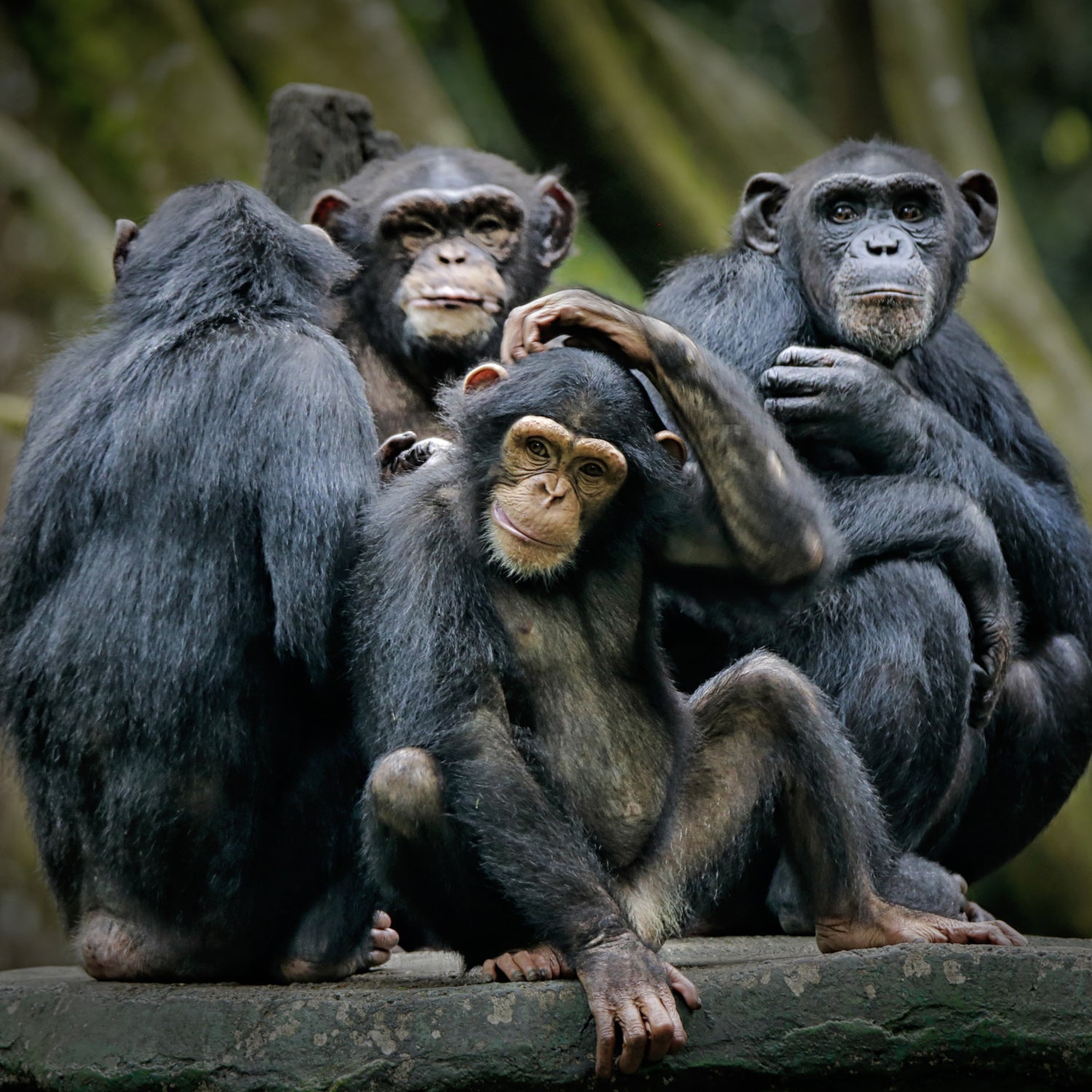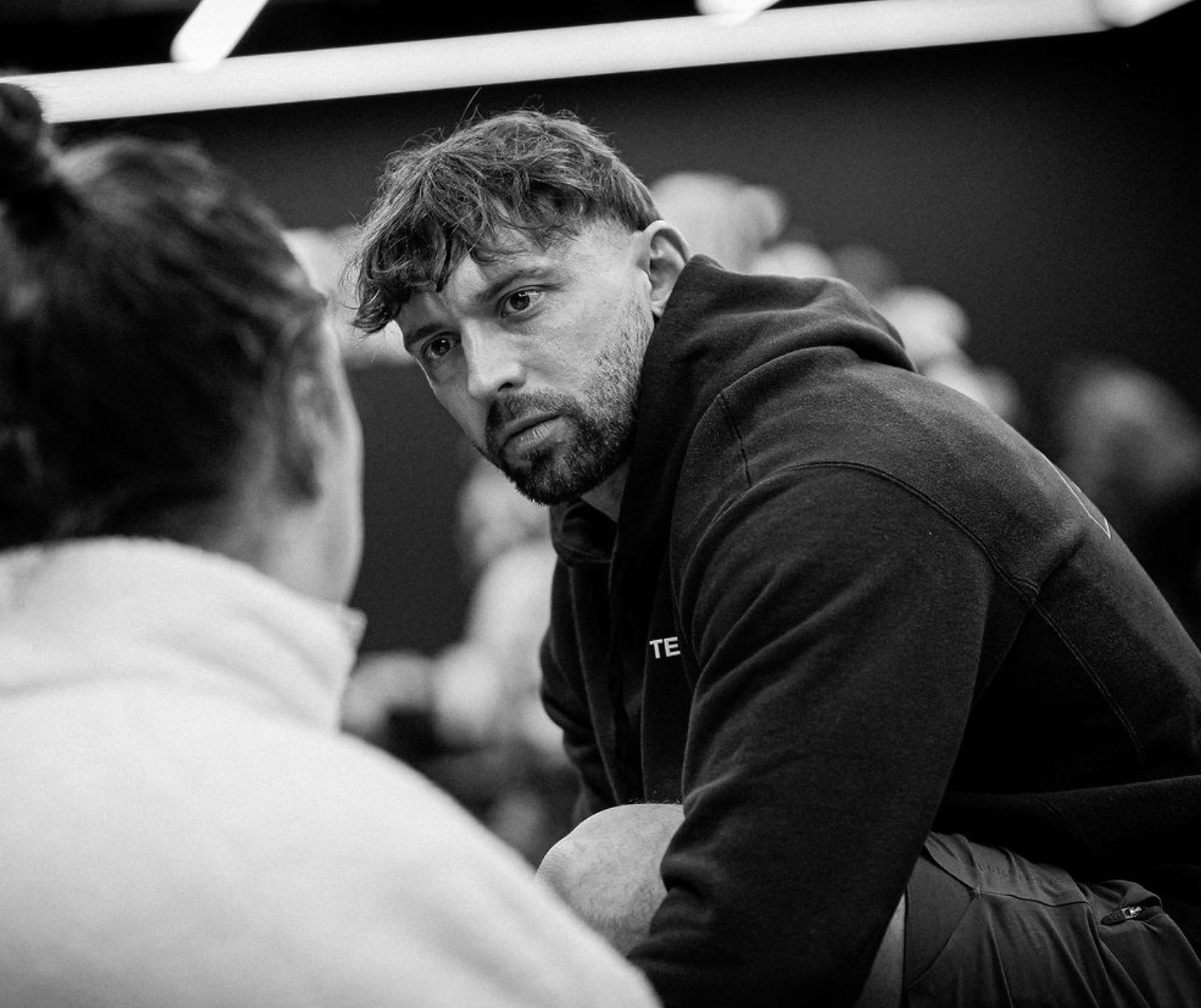Many people across the sporting world have heard about how mastering the chimp paradox in the mind can allow an athlete to unlock their potential.
Professor Steve Peters, creator of the theory, has worked with top-level sportspeople including Chris Hoy, Ronnie O’Sullivan and members of the England football team.
But what is the chimp paradox and how can it help you? Built for Athletes takes a look.
The Science Simplified
In Professor Steve Peters’ book The Chimp Paradox, which explains his theory, the psychologist admits he has drastically simplified the science behind the theory in order to make it easier to apply in practical scenarios. He describes important areas of the brain such as the frontal (human), the limbic (chimp).
Peters explains that the chimp part of your brain is an emotional machine which thinks impulsively without looking at the whole picture. Brain scanners show blood flows to this area when people become emotional or irrational. The human, on the other hand, thinks rationally and looks at things in perspective, offering useful and constructive thoughts.
According to the theory, there is an ongoing battle for control between these two parts of our brain, and the chimp often wins. The good news is that everyone is capable of managing their chimp.
Managing Your Chimp
Once you have recognised thoughts or unhelpful habits that come from your chimp, Peters gives practical advice on how to manage it and stop it from hijacking you.
He says it is often necessary to exercise the chimp, which essentially involves talking through your emotional feelings with someone you trust or writing them down. Once these feelings have been expressed, the human side of the brain can then evaluate the situation and come up with a constructive path forward.
For example, after a difficult workout an athlete’s chimp, which has a tendency to catastrophize, might think “what’s the point in all this hard work when it doesn’t seem to be paying off - I should just give up”. So to manage this situation, the athlete should first express the negative feelings and then allow their human side of the brain to come in. Naturally, the human will probably say “I can’t always be on top form and if I stay persistent it will pay off in the long run”. The chimp has now been calmed down and effectively managed.
Conclusion
Essentially the chimp paradox offers a simplistic way to manage our inner dialogue, and learning from it could lead to a happier life as well as sporting success.






















































Share:
Dubai CrossFit Championship Attracts Stellar Online Field
6 Podcasts To Listen To While Running